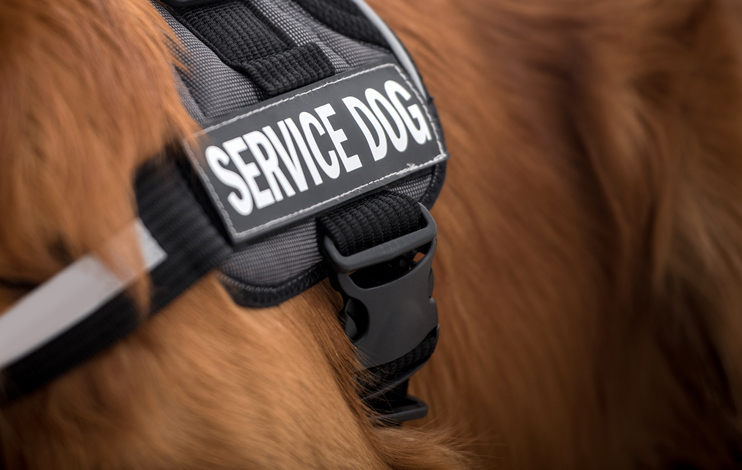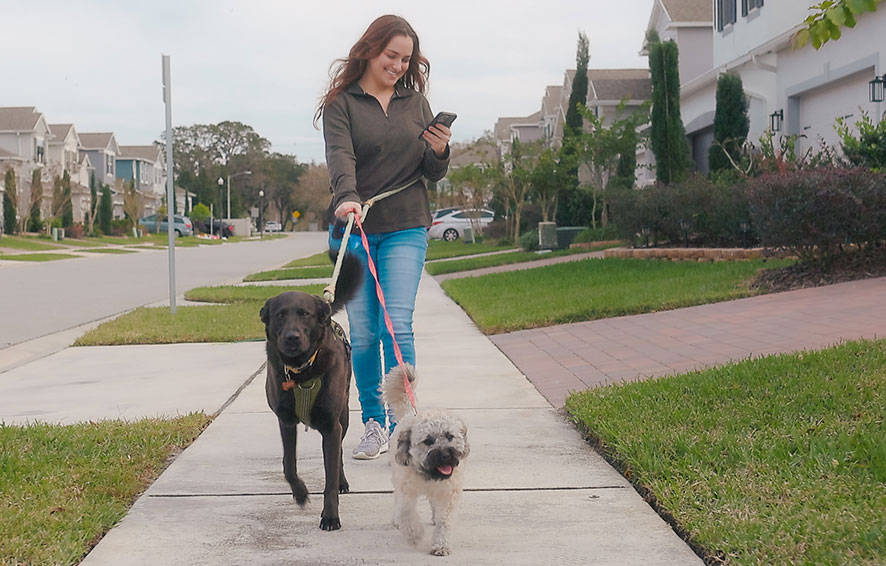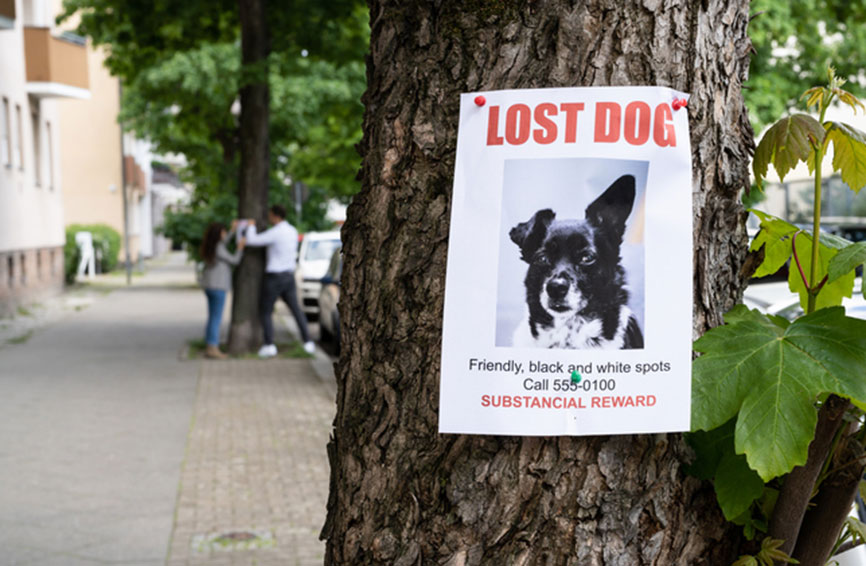Table of Contents
Canine Companions for Independence (CCI) knows all too well the struggles of people with disabilities, and unfortunately, that includes the growing problem of service dog fraud. By addressing the issue, CCI hopes to help stop this illegal behavior. We reached out to get some tips on how we can all step in to help prevent service dog fraud.
Below are some guidelines to help protect people and their service dogs from discrimination. This post was adapted from the CCI’s guidelines on Service Dog Fraud.
What should you tell someone who wants to bring a pet into a public place?
Unless people understand why it’s essential to preserve the rights of people with disabilities, they won’t know why cheating these rules can add to discrimination and ableism. CCI suggests the following points:
- Explain how bringing a pet into public is detrimental to the lives of people with disabilities who rely on highly skilled assistance dogs to enhance their independence.
- Explain how an assistance dog is trained to help its handler who has a disability.
- You might also clarify that posing a pet as a service dog is against federal law.
What’s the impact of a pet wearing a service dog vest?
Discrimination and ableism occur when people don’t understand how their actions contribute to businesses’ exposure to fake service dogs—jeopardizing mobility and freedom for people with real disabilities. Actual service dogs know how to move in public places and are there to reduce medical harm to their handler. CCI says of the difference:
- Pet dogs don’t have this training and may act unsuitably in a public setting.
- Pet dogs can be stressed by being out in crowded places or might not be good with other dogs.
- They may interfere directly with a working assistance dog by distracting or threatening it.
- Pet dogs can also interfere indirectly by behaving inappropriately, like having accidents, barking, eating food or disturbing other customers.
- Additionally, impersonating someone with a disability to obtain benefits is a crime and it is punishable in many states by fines or jail time.
What can a business ask someone with a service animal?
According to the ADA, businesses can only ask two questions:
- Is the dog a service animal required because of a disability?
- What work or task has the dog been trained to perform?
CCI says, “Staff cannot ask about the person’s disability, require medical documentation, require a special identification card or training documentation for the dog, or ask that the dog demonstrate its ability to perform the work or task.”
Additionally, someone with a disability cannot be asked to remove their service animal from the premises unless:
- The dog is out of control and the handler does not take effective action to control it
- The dog is not housebroken
What can I do if I suspect someone’s dog is a pet and not a service animal?
Approaching someone with a potential service animal is not recommended. It is important to know that disabilities are not always visible and legitimate service dogs come in all breeds and sizes. You can let a business owner know that they do not have to accommodate fraudulent service dogs, and that their presence can have consequences for legitimate service dogs and their handlers.
Become familiar with the current American with Disabilities Act (ADA) law around service animals here. We do not recommend approaching a stranger with a potentially fraudulent service dog.
Cover your furry family member and protect your wallet at the same time. Start by getting a free quote. Bonus: each quote means we donate funds to help homeless pups get medical care and find their forever family.






